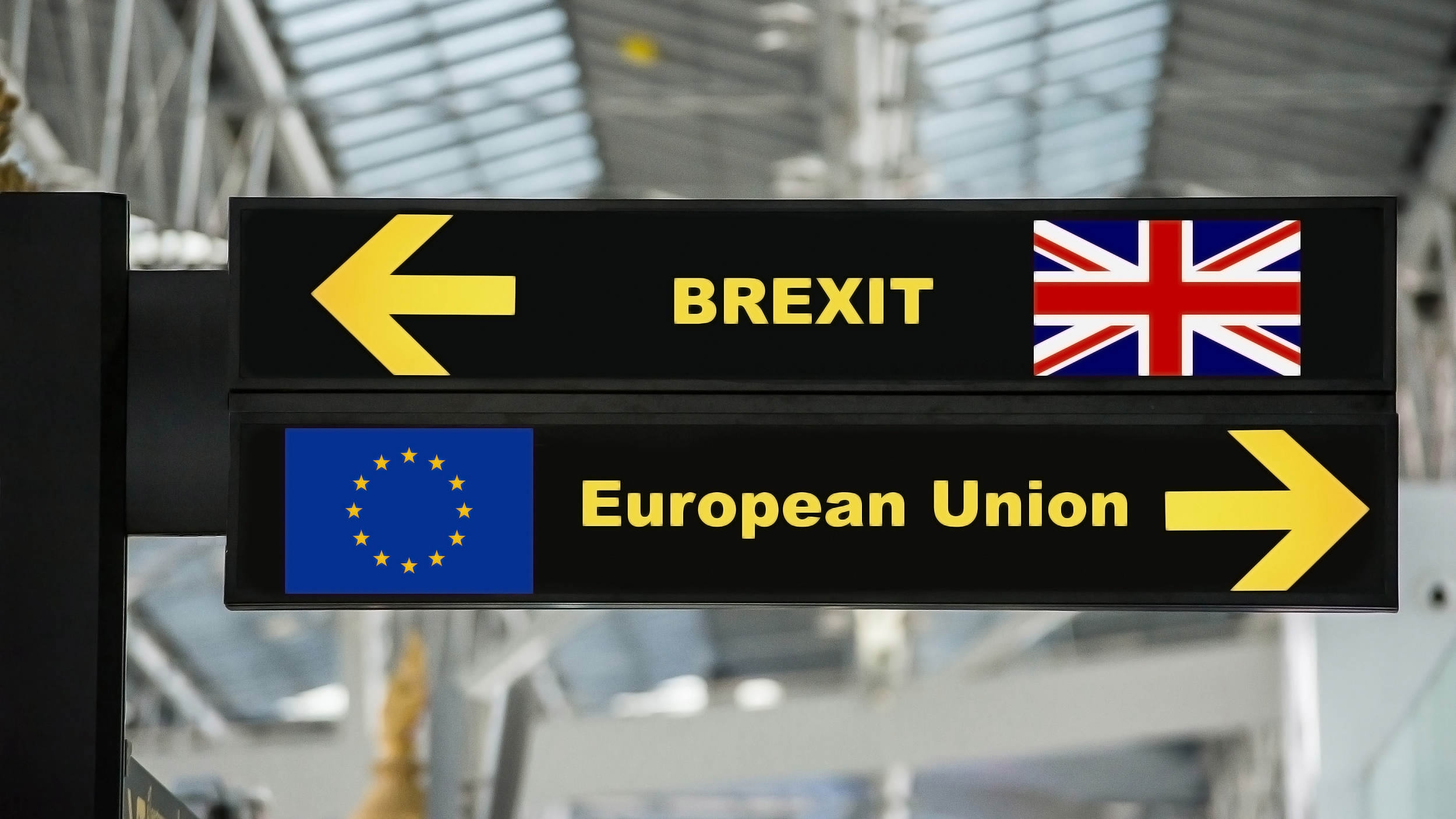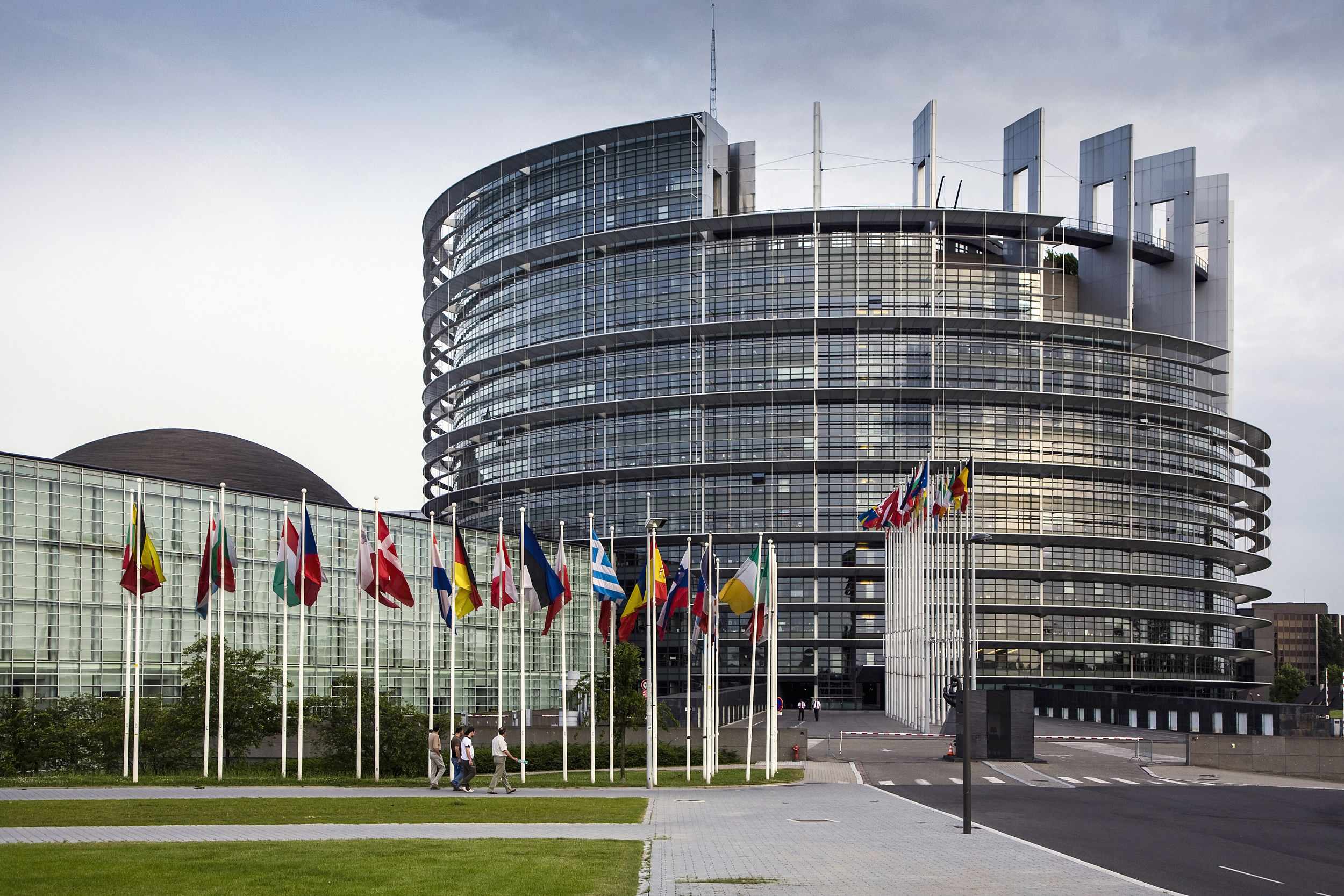
Business
11:45, 22-Jan-2018
A Fractured World: EU faces looming crisis as Davos approaches
By CGTN's Jack Barton

"Creating a Shared Future in a Fractured World" is the theme of this year’s World Economic Forum in Davos, Switzerland and delegates do not have far to look for an example given how politically and socially divided the European Union remains.
The year 2009 will always be remembered as the start of the euro crisis…a crisis that almost tore the European Union apart.
"What really caused the eurozone crisis was the flaws in the institutional setup,” says Carsten Brzeski, ING’s chief economist for Germany.
“We have one single monetary policy, one interest rate for all countries, but enormous economic differences. And having one interest rate for a bunch of countries that are so different really creates bubbles, creates boosts and busts.”
The busts in countries like Greece, Spain, Ireland, Portugal and Cyprus led to big bailouts by richer member states, though most of the money was spent servicing debt, while austerity hit hard.
This led to soaring unemployment in countries like Spain and Greece, where the youth jobless rate rose to more than 50 percent due to an economic slump.
At the height of the crisis Europe also experienced a massive influx of immigrants from Africa and war-torn countries in the Middle East.

The European Parliament in Strasbourg, France /VCG Photo
The European Parliament in Strasbourg, France /VCG Photo
The refugee crisis coupled to the economic crisis led to the rise of populist parties who’ve made big political gains in many countries across the bloc.
Britain even held a referendum on leaving the EU.
“Fifty-two percent of the UK public voted to leave for many different motivations, the two principal ones though were concerns over migration to the UK economy and the impact that has had on public services and labor markets,” says Simon French, Chief Economist at Panmure Gordon, adding “Also you had people who wanted to claim sovereignty back.”
A stroll along a typical London high street reveals change is already underway.
Co-owner of Edith’s House Café, Michael Camp, says fewer foreigners are applying for jobs and all the staff are now UK citizens.
“I assume there are people who would normally apply for those jobs who are thinking we don’t know the certainty of being able to work and live in this country in terms of jobs and maybe these people have already left,” says Camp.
In some cases British industries like carpets appear to be rebounding.
“The French and Dutch stuff that we sell has gone up in price and some of the domestic stuff is higher in price because there is a bigger demand in Europe for it. It’s good for the home market and I guess more expensive for the customers for the foreign products they buy,” says Michael McHugh, owner M. and L. Carpets.
But, businesses relying on European products are feeling the pinch, like the Niddle Noddle children’s toyshop, which specializes in hand-made wood and tin toys from the continent.
“Our prices are possibly going to have to go up. We know a lot of other businesses are in a lot of trouble already it’s not something that’s happened to us yet, but it's something we are obviously concerned about,” says store co-owner Eilidh Fraser.
The World Trade Organization has warned Brexit could lead to a “lost decade” of economic hardship, a fear echoed by the mayor of London who expects Britain’s divorce from the EU to result if half a million lost jobs.

A group of pro-EU supporters gather outside Parliament to protest against Brexit as the EU Withdrawal Bill returns to the Commons for debate on January 16, 2018 in London, UK. /VCG Photo
A group of pro-EU supporters gather outside Parliament to protest against Brexit as the EU Withdrawal Bill returns to the Commons for debate on January 16, 2018 in London, UK. /VCG Photo
In Spain, the region of Catalonia also held an independence referendum.
The separatists won though the result and referendum were deemed illegal by Madrid.
Wealthy Catalonia had long been forced to fund poorer regions of Spain.
Resentment about this, and corruption in Madrid, has grown further since the start of the Euro crisis.
“In the case of Catalonia I guess the solution must take into account a better and more clear financing of the community,” says Jordi Alberich, president of the Circle of Economy, a Spanish think tank.
The social and political discontent that began on the Eurozone’s periphery has now spread to the core including in the bloc’s economic engine Germany.
Workers in the eastern German town of Goerlitz have been demonstrating against companies, including Siemens, closing local factories the firms can potentially shift to cheaper EU member states.
“I believe this is a trend that shows up right now among companies operating under the banner of globalization, which are on the search for the places that have the lowest labor costs,” says Philipp Singer, a union representative at IG Metall.
Voters in Goerlitz last year elected a far right member of the Alternative for Germany party to the country’s national assembly.
The party rejects immigration and the euro.
“This phenomenon of voters feeling not heard by the political establishment has given rise to populism and it’s not on the rise across all European countries including Germany,” says Carsten Brzeski, adding, “What we do see now over the last one or two years with the economies starting to recover with unemployment rates dropping is that support for Europe has grown again. So there is a close correlation about how people actually feel about the EU and Europe and how they feel about their own destiny and whether they have a job.”
The EU has witnessed reform, though at the World Economic Forum those reforms are often seen as Band-Aids rather than a cure.
Many analysts say the fundamental problems have not been fixed and if there is another economic shock Europe will likely find itself once again plunged into crisis.

SITEMAP
Copyright © 2018 CGTN. Beijing ICP prepared NO.16065310-3
Copyright © 2018 CGTN. Beijing ICP prepared NO.16065310-3